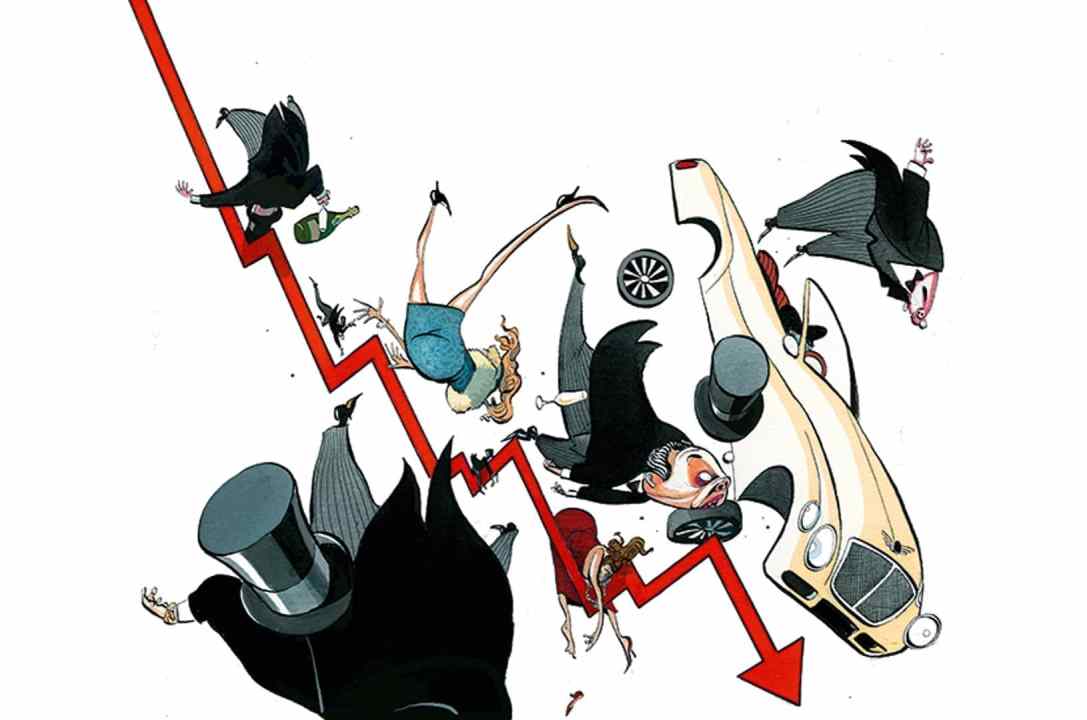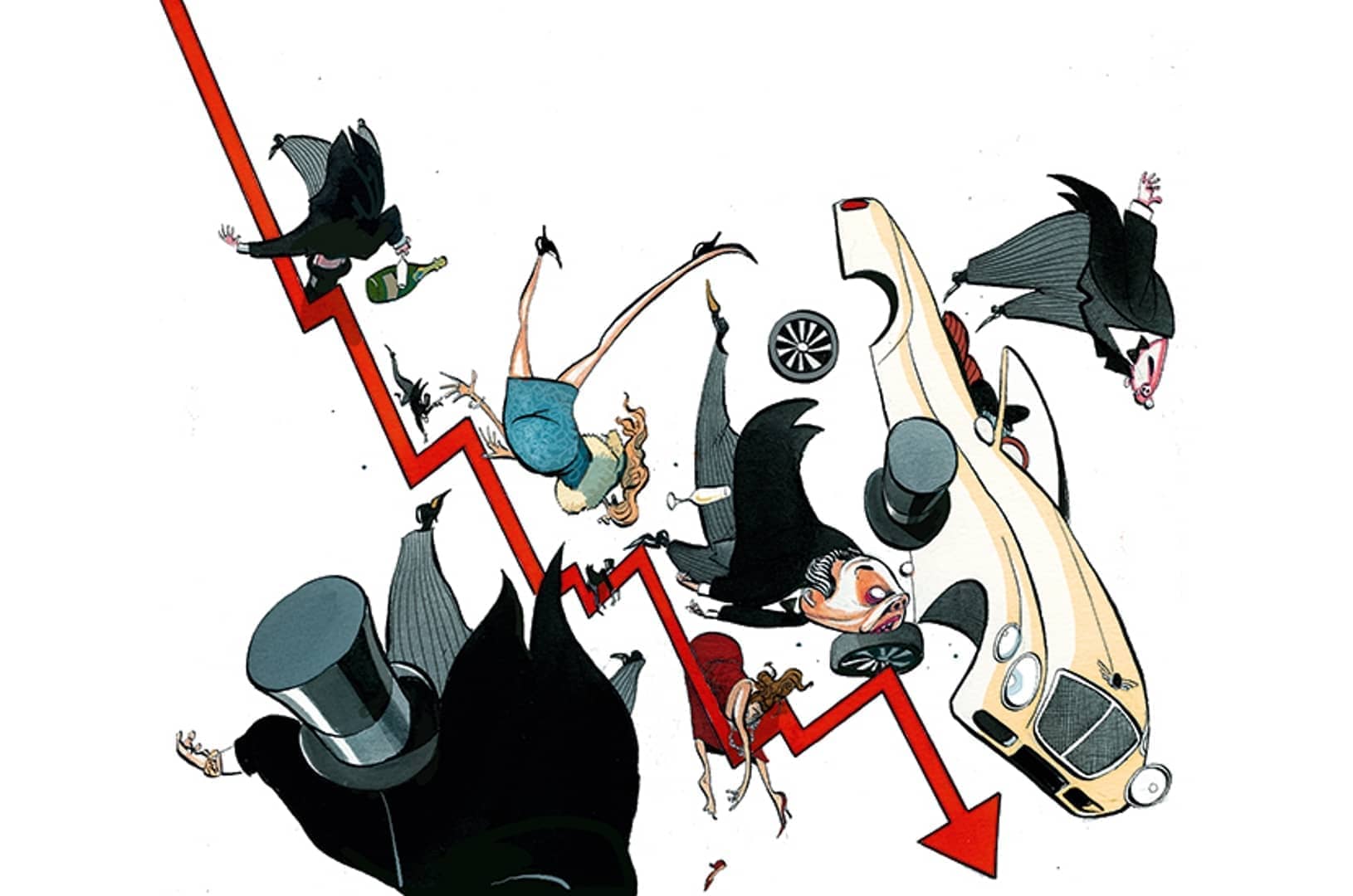Fears that Britain could soon be in recession are growing, as the economy appears to have even less power behind it than previously thought. Today’s update from the Office for National Statistics shows Britain’s economy grew by 0.8 per cent in the first quarter of the year (consensus was 1 per cent) – and actually fell by 0.1 per cent in March when zero growth was predicted). February’s growth was downgraded as well, from a minimal 0.1 per cent growth to being completely stagnant.
Had it not been for increased construction output in March (up 1.7 per cent), the fall would have been bigger: the services industry fell by 0.2 per cent over the month, with big hits to ‘wholesale and retail trade’ as well as repair services for motor vehicles. Worryingly, all this comes before the new National Insurance levy took effect in April. The impact of this additional tax will start showing up in next month’s data release and is likely to create even more drag on growth.
These months were supposed to be characterised by economic bounceback from the lockdown era. That GDP is falling below already-lacklustre expectations does not bode well for making up for lost growth. But perhaps even more worrying are the expectations for the medium-term. The latest projections from the Bank of England, published last week, suggested Q1 this year would be the strongest quarter for growth – not for months, but years. From the beginning of next year, no quarter is estimated to have more than 0.2 per cent growth. Some contractions are forecast as well, including in Q4 this year. But after today’s update, fears are rising that dips could come as early as the next quarter. Capital Economics notes that its ‘forecasts that GDP will be flat in both Q2 and Q3 seem pretty optimistic. A contraction in GDP or a recession now feels a bit more likely’.
Of course major changes to domestic policy or world events could shift this trajectory in either direction. Serious policy reform on the domestic front could always shift the UK towards a pro-growth agenda, but as many of the gains from supply-side reforms take time to kick in (housing and planning changes, for example), most reforms would, even if implemented, feel a bit too late.








Comments